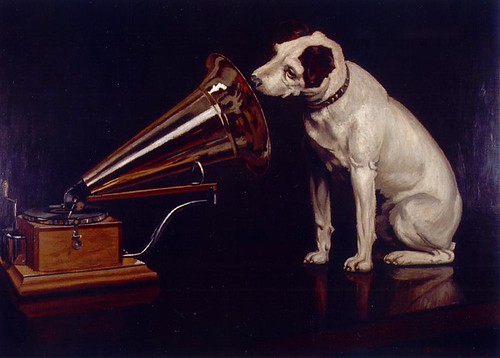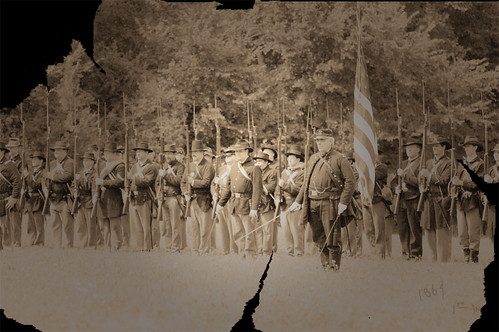Let's face it. Some people just don't care about tracing their roots. They're more focused on today, just trying to get by, and some have enough trouble connecting with living relatives. Who needs all those names and dates?
But they should care, and here are some reasons why:
1. You should know where you're headed.
Learning about those who came before you might just teach you where your future weakness might be and maybe, just maybe you can avoid some pitfalls. It might seem like a reach, but lots of traits, characteristics, and even illnesses are genetic. Once you understand that, you can work toward avoiding the mistakes your ancestors made.
2. You might find out you have a famous relative.
Being family, even far removed, might connect you to all kinds of gatherings and events you would have otherwise missed. Of course I'm thinking of baseball, but there are other possibilities. Who knows until you start digging? But even if you don't have a celebrity relative to lay claim to, you might have an ancestor who was a military hero. You could become a member of the DAR or SAR.

3. You might find lost cousins.
Well, you likely will. When you look at the number of ancestors you have as the family lines branch out, there are certainly others out there researching the same lines. Not only can you share research and learn more, you might just make a friend!
4. You might dig up a story about an ancestor that will make juicy dinner conversation.
I discovered one of my husband's ancestors was at Valley Forge. He was an older man, about 60, and was court martialed for swearing at his superior officer. He was pardoned by General George Washington, who ruled that the man had had just cause for his actions. My father used to tell me, "Stop researching when you find the horse thief in my family." To date I haven't found one...in his family. My mother's? Well...
5. You may find a family treasure no one knew existed.
That treasure could be priceless, but if it's not something you can take to the bank, it might be of extreme sentimental value or worthy of study to social historians. For instance, my husband found researchers continually referring to a family history written by a distant cousin in 1880. He found that the Ohio State Library had that hand written journal in its collection. When he went to see it he discovered it was not a copy, but the actual original. That was somewhat surprising because until then he hadn't known any of his family lived in Ohio in 1880. Not only that, but the original had much more in it than what had been quoted by others. There is even a story told by a man who was a chaplain in the Civil War and witnessed much of Sherman's march in the South. Eyewitness testimony that doesn't appear anywhere else!
6. You might connect with a cultural heritage you hadn't known existed before.
When I traced my father's line I came up with surnames he had never heard before. And those he knew, like his mother's parents, he had thought were Irish, but they were actually Welsh. Recently I've discovered another line that appears to have come to Ohio via Massachusetts and Nantucket. I'm thinking a research trip is in order!
7. Some things might begin to make more sense when you see how traits or occupations or favorite hobbies and pastimes are repeated.
There really is meaning behind the old adage of something being "in your blood." My mother has always loved baseball. There are two professional players in her family line. I recently saw a picture of my great great grandmother and realized our family has been short in stature for some time. There are other less pleasant things you might learn, but they're still important to realize how they've been passed down, such as alcoholism, weight gain, and other ailments.
8. Perhaps only those who do begin to trace their roots can grasp it, but you will begin to feel that you belong, that there is a place for you, that you have a legacy to continue.
How many family members died in wars so that future generations can live in freedom? How many risked everything to come to a land where their children and children's children can find work and prosperity? How many struggled to teach principles, values, and spiritual beliefs so that those who come after can have a foundation to prosper from? Once you realize the torch has been passed you to, it's a game changer and you know many more will come after you and you want to leave them something as well.
Not every motivation to dig into genealogy is noble and romantic. It's fun to discover new things. And I hope the skeptics out there who read this will realize it's certainly not just about names and dates!









